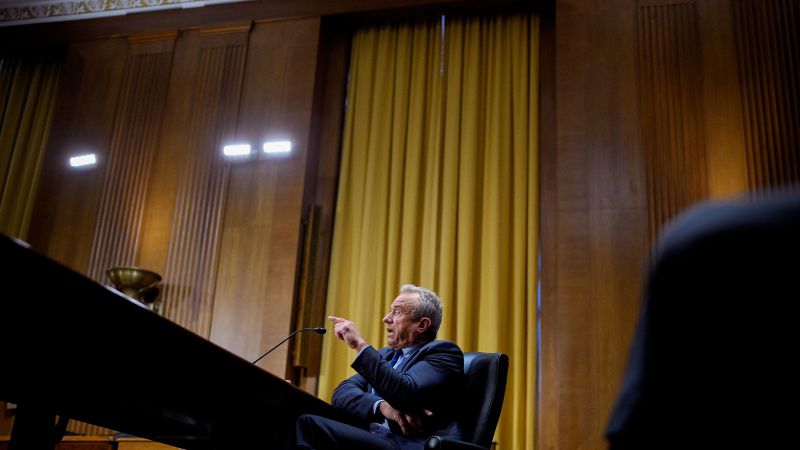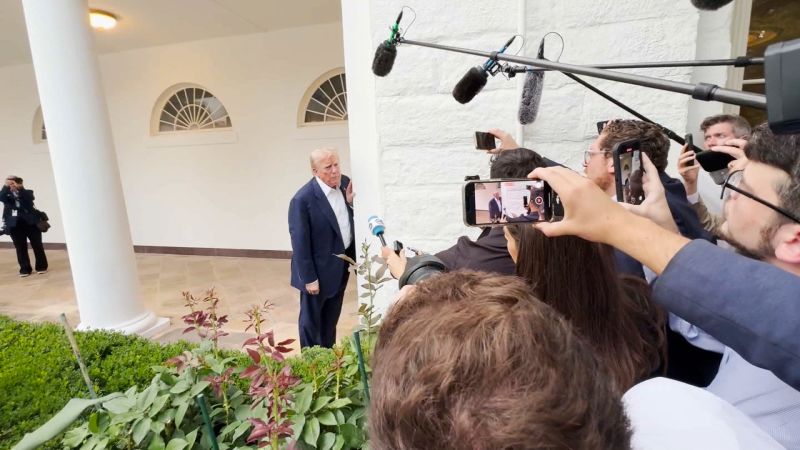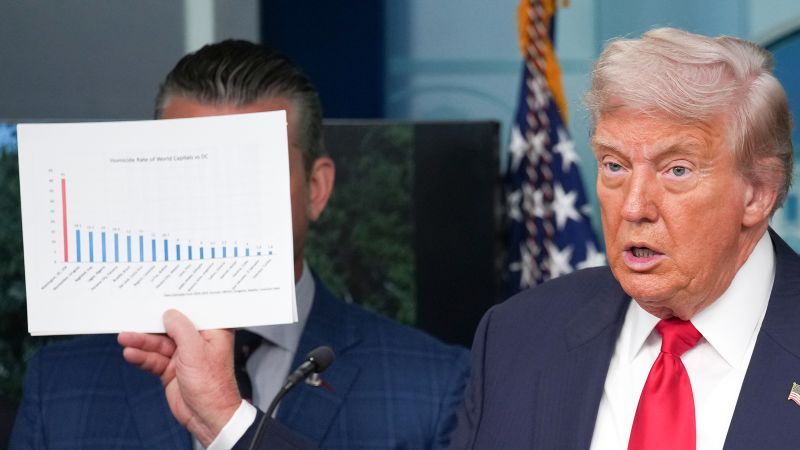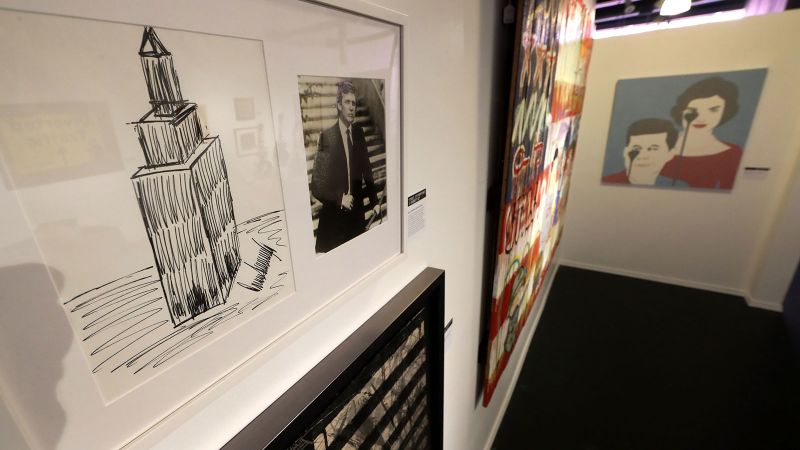
The Impact of Robert F. Kennedy Jr.'s Vaccine Advocacy on Public Health and Politics
Opinion | 9/7/2025
Renowned vaccine skeptic Robert F. Kennedy Jr.’s aggressive stance on vaccines and public health is raising questions about its potential impact on President Trump’s political standing. Kennedy’s outspoken views, critiquing vaccine safety and advocating against mandatory vaccinations, have garnered attention. The collision between Kennedy’s anti-vaccine advocacy and Trump’s political landscape has drawn scrutiny.
In the midst of this debate, the medical profession emerges as a prominent player, equipped with unique advantages to navigate potential challenges posed by Kennedy’s viewpoints. The clash underscores the complex interplay between public health advocacy and political ramifications.
Kennedy’s approach, often described as a “wrecking-ball” in the vaccine discourse, has sparked debates on the intersection of public health policies and political strategies. Observers speculate on the implications of his stance aligning with Trump’s administration, especially within the context of ongoing public health crises.
As the discourse unfolds, stakeholders weigh the potential consequences of Kennedy’s influence on public perception and policy directions. The collision of divergent viewpoints on vaccines and public health underscores the intricate dynamics shaping the national dialogue. Amidst these discussions, the resilience of medical institutions in the face of such challenges comes into sharp focus.
While the ultimate trajectory of Kennedy’s impact on Trump’s political landscape remains uncertain, the clash of perspectives on vaccines and public health underscores broader debates around science, policy, and public opinion. The evolving discourse reflects a nuanced interplay between individual advocacy, institutional responses, and the broader societal implications of divergent viewpoints.


